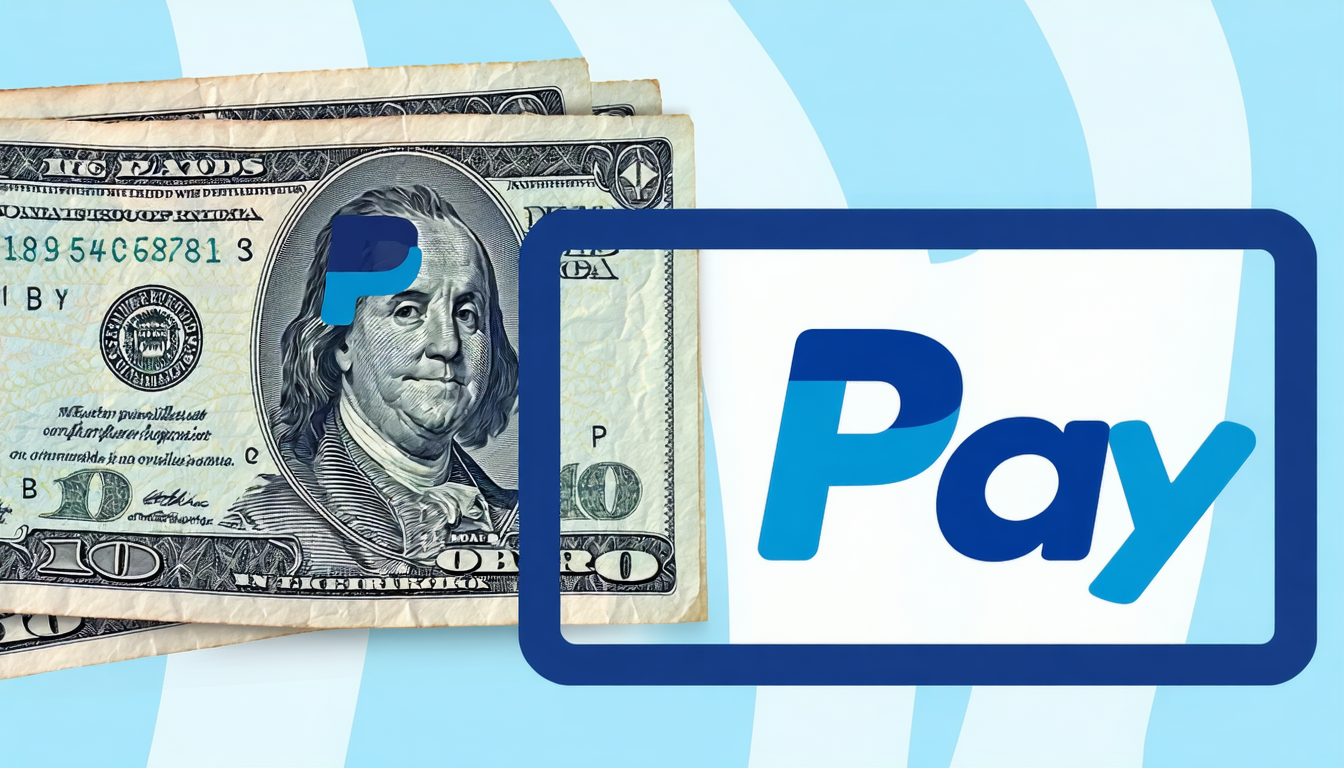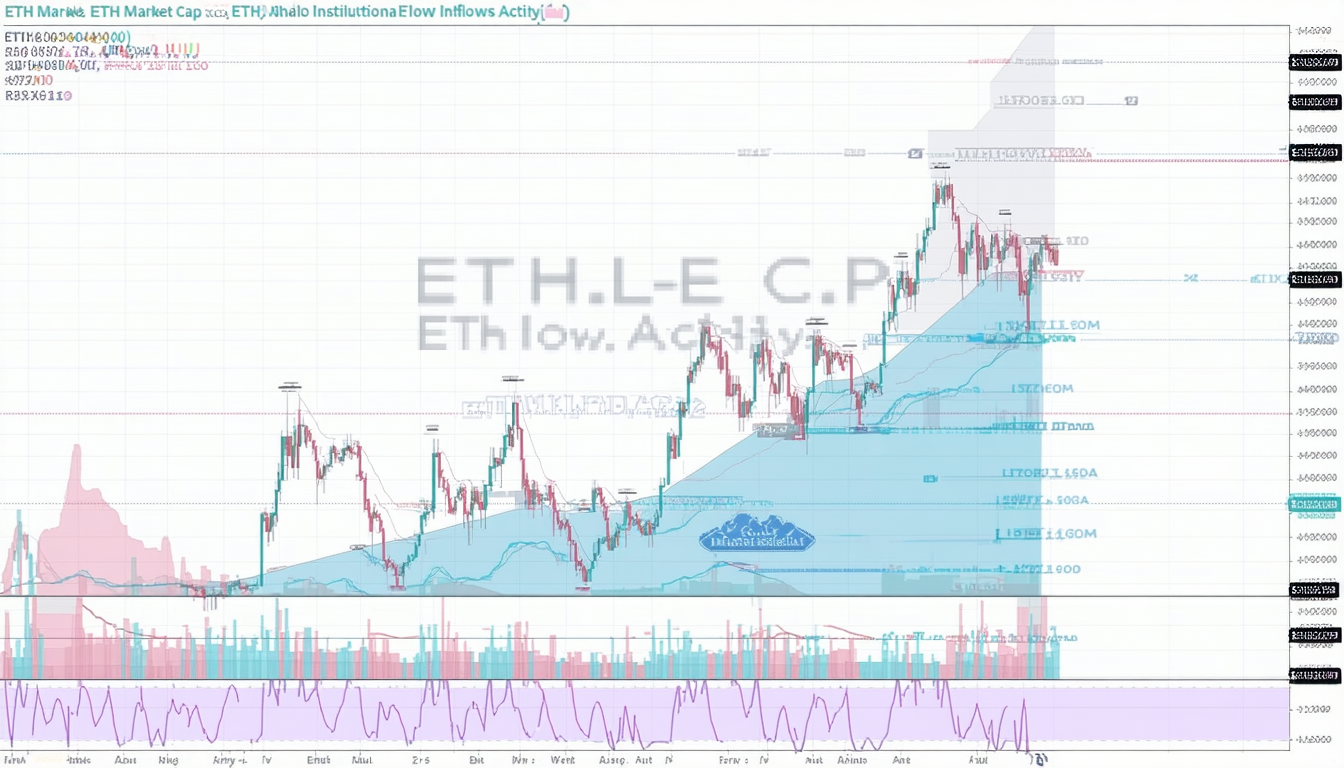PayPal has officially introduced its US dollar stablecoin, PayPal USD (PYUSD), to the United Kingdom, marking a significant step in the evolution of digital payments. The launch, announced today, brings a new dimension to cross-border transactions and digital commerce for UK consumers and businesses. The move comes as PayPal seeks to expand its global footprint and offer more seamless, interoperable payment solutions in a rapidly digitizing economy.
PayPal USD Debuts in the UK Market
PayPal USD, a stablecoin pegged 1:1 to the US dollar, is now available to UK users through the PayPal platform. The stablecoin aims to provide a secure, transparent, and efficient way to transact in US dollars without the volatility associated with cryptocurrencies like Bitcoin or Ethereum. The launch follows a successful rollout in the United States and reflects growing demand for digital assets that combine the stability of fiat currency with the speed and accessibility of blockchain technology.
According to PayPal CEO Alex Chriss, the expansion is part of a broader strategy to “enable interoperability between country-specific digital wallet systems” and to “empower consumers and merchants with more flexible payment options.” The company expects the introduction of PayPal USD to streamline cross-border payments, reduce transaction costs, and support the growing ecosystem of digital commerce.
How PayPal USD Works and Its Potential Benefits
PayPal USD is designed to function as a digital representation of the US dollar, fully backed by dollar deposits and short-term US Treasuries. Users can buy, sell, hold, and transfer PYUSD within the PayPal app, as well as use it for purchases at millions of merchants worldwide who accept PayPal.
Key features of PayPal USD include:
- Stability: Each PYUSD token is backed by an equivalent US dollar, minimizing price fluctuations.
- Transparency: Regular attestations by independent third parties ensure that reserves match the circulating supply.
- Accessibility: Users can convert between British pounds and PayPal USD instantly, facilitating international transactions.
Industry experts see the launch as a milestone for the UK’s digital payments sector. “Stablecoins like PayPal USD have the potential to make cross-border commerce faster and more affordable,” says fintech analyst Sarah Williams. “They bridge the gap between traditional finance and emerging blockchain-based systems, offering the best of both worlds.”
Regulatory Landscape and Market Impact
The introduction of PayPal USD comes amid evolving regulatory frameworks for digital assets in the UK. The Financial Conduct Authority (FCA) has signaled support for innovation in the payments sector, provided that consumer protections and anti-money laundering standards are maintained.
PayPal has emphasized its commitment to compliance, stating that all transactions involving PYUSD will adhere to UK regulations. The company has also implemented robust security measures and transaction monitoring to prevent misuse.
Market data suggests that demand for stablecoins is rising. Global stablecoin transaction volume surpassed $7 trillion in 2024, with Europe accounting for a significant share. The UK, as a leading fintech hub, is well-positioned to benefit from the adoption of regulated digital currencies.
Implications for Consumers and Businesses
For UK consumers, PayPal USD offers a new way to hold and spend US dollars without the need for a traditional bank account or currency exchange. This is particularly advantageous for freelancers, remote workers, and online shoppers who transact with US-based platforms.
Businesses stand to gain from lower transaction fees and faster settlement times. Cross-border e-commerce, which often involves complex currency conversions and high fees, could become more streamlined and cost-effective. Merchants using PayPal can now accept PYUSD payments from international customers, expanding their reach and improving cash flow.
However, some industry observers caution that widespread adoption will depend on user education and trust. “The success of PayPal USD in the UK will hinge on how well consumers understand stablecoins and their benefits,” notes payments consultant James O’Connor. “Clear communication and transparency will be key.”
Challenges and Future Outlook
Despite its promise, the rollout of PayPal USD faces several challenges. Regulatory uncertainty remains a concern, as authorities continue to refine rules for digital assets. Competition from other stablecoins and payment providers is also intensifying, with major players like Circle and Tether vying for market share.
PayPal’s strategy includes ongoing collaboration with regulators and industry partners to ensure compliance and foster innovation. The company is also investing in user education initiatives to demystify digital currencies and promote responsible usage.
Looking ahead, experts predict that stablecoins will play an increasingly important role in global finance. The integration of PayPal USD with other digital wallets and payment platforms could pave the way for a more interconnected and efficient financial ecosystem.
Conclusion
The launch of PayPal USD in the UK marks a pivotal moment for digital payments and cross-border commerce. By combining the stability of the US dollar with the convenience of blockchain technology, PayPal is positioning itself at the forefront of financial innovation. While challenges remain, the move signals growing confidence in stablecoins as a mainstream payment solution. As adoption grows, UK consumers and businesses can expect greater flexibility, lower costs, and new opportunities in the digital economy.









